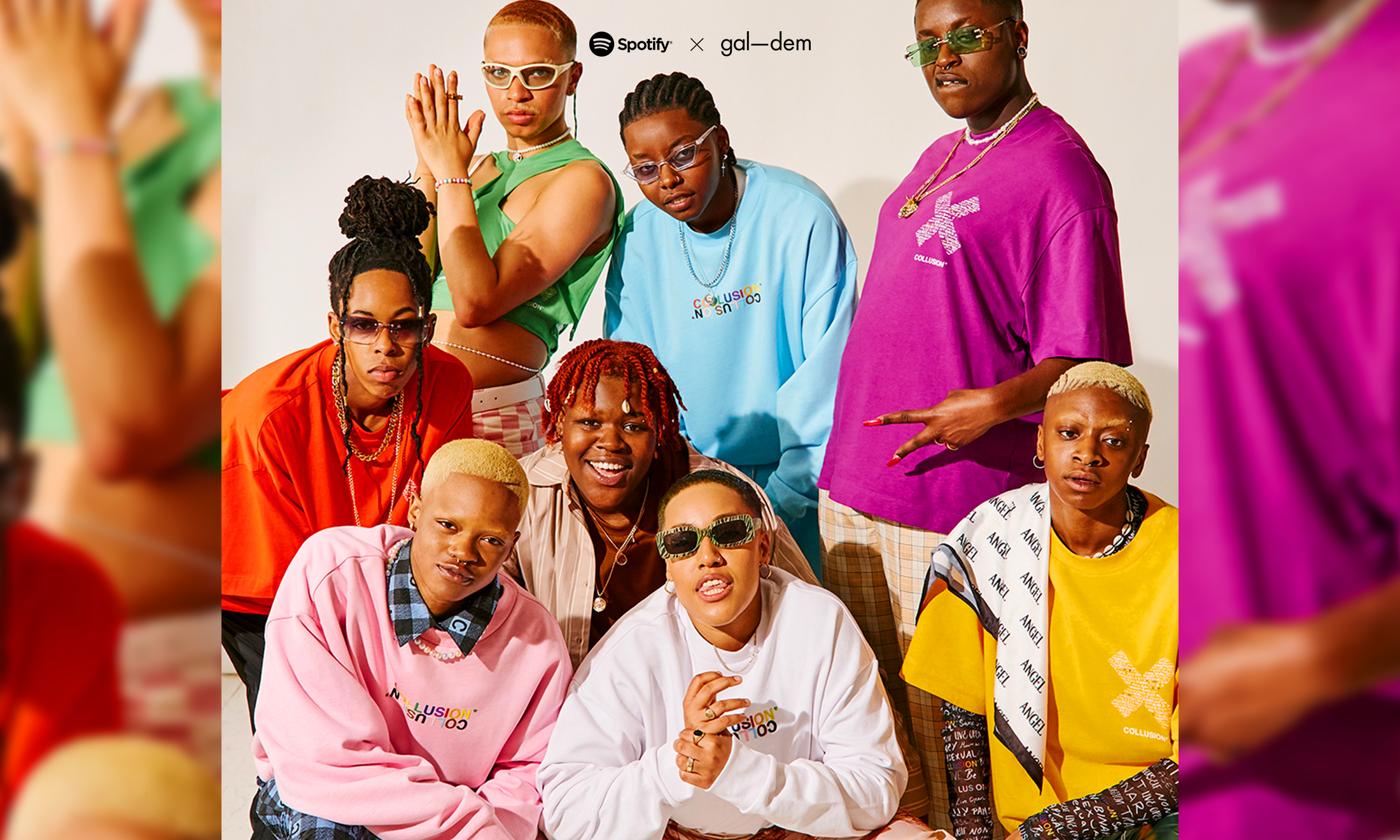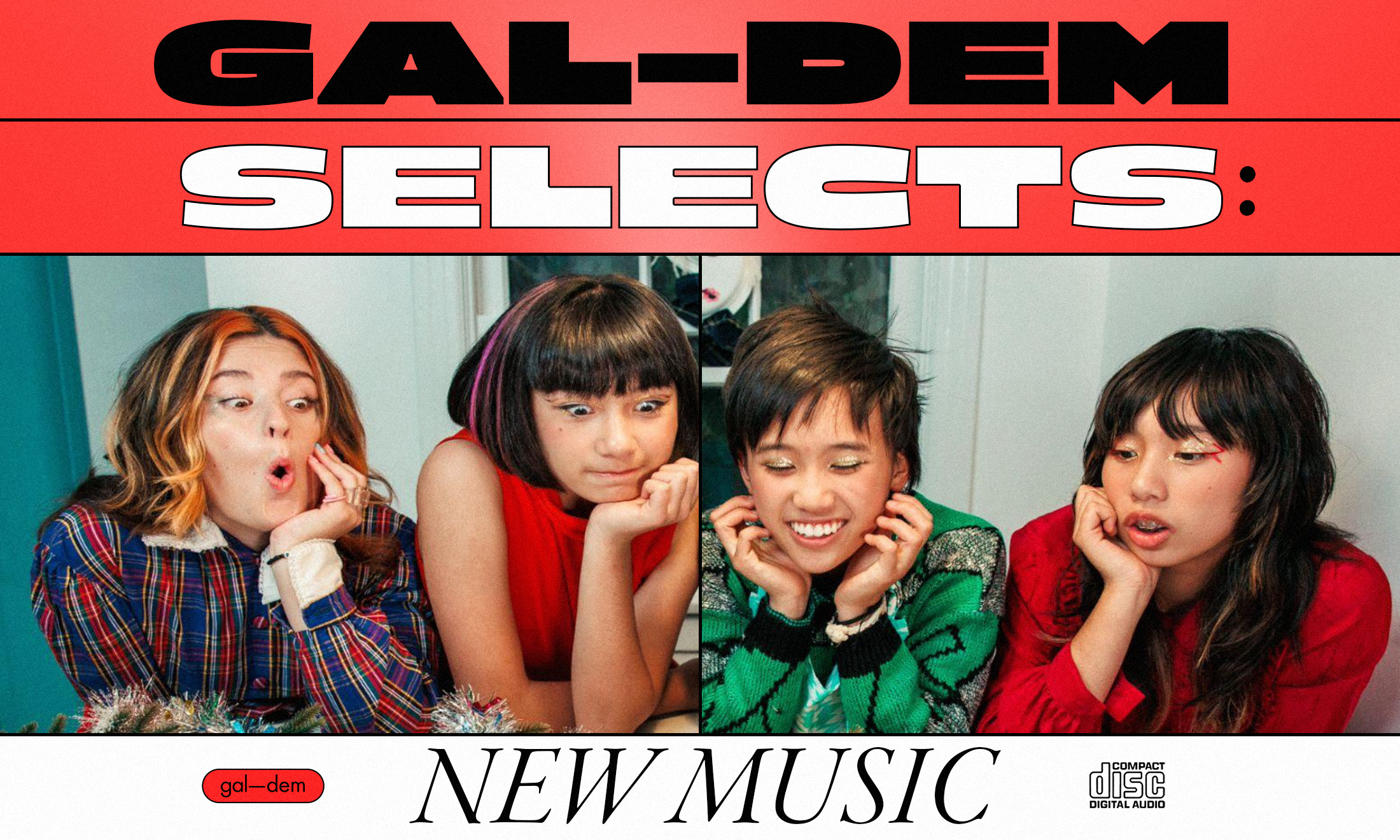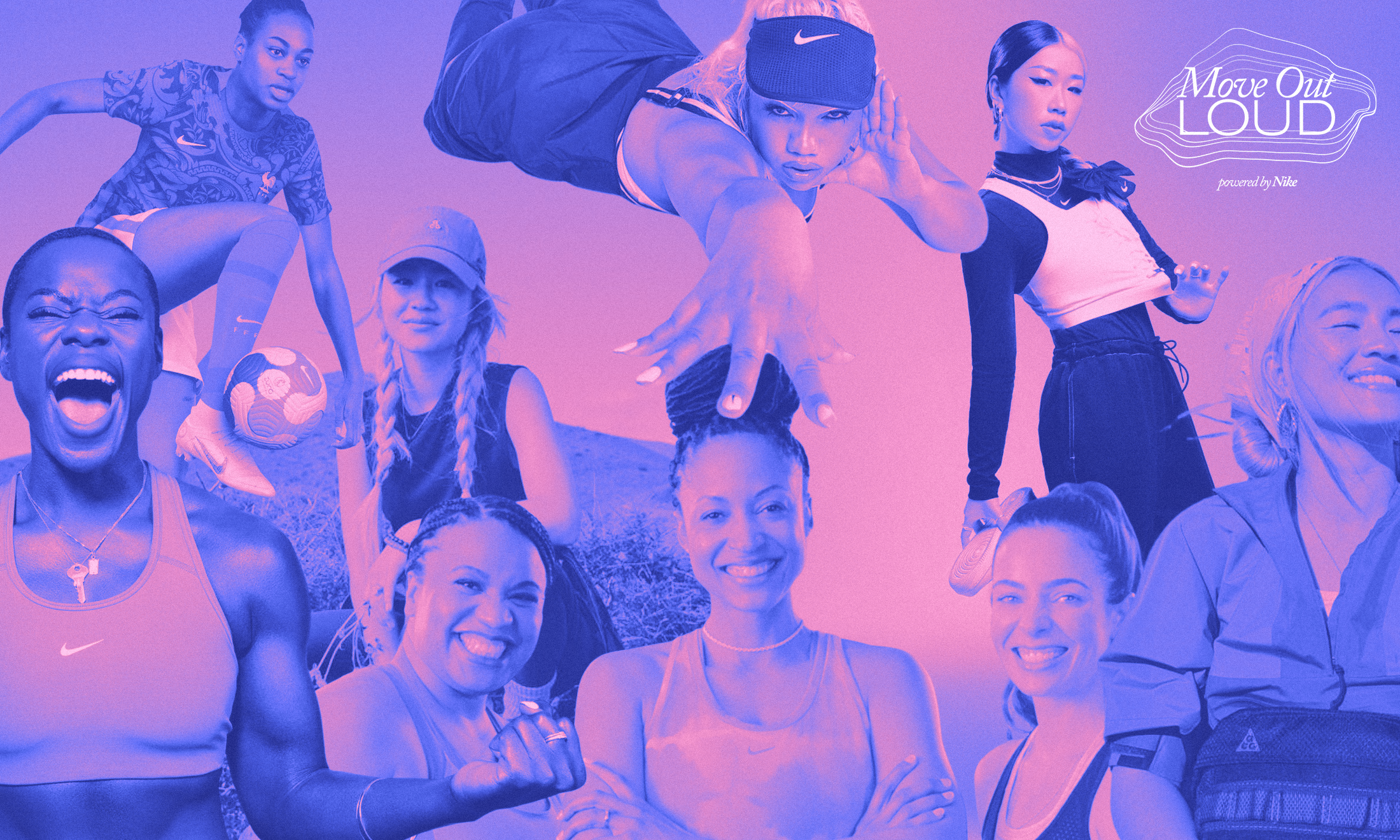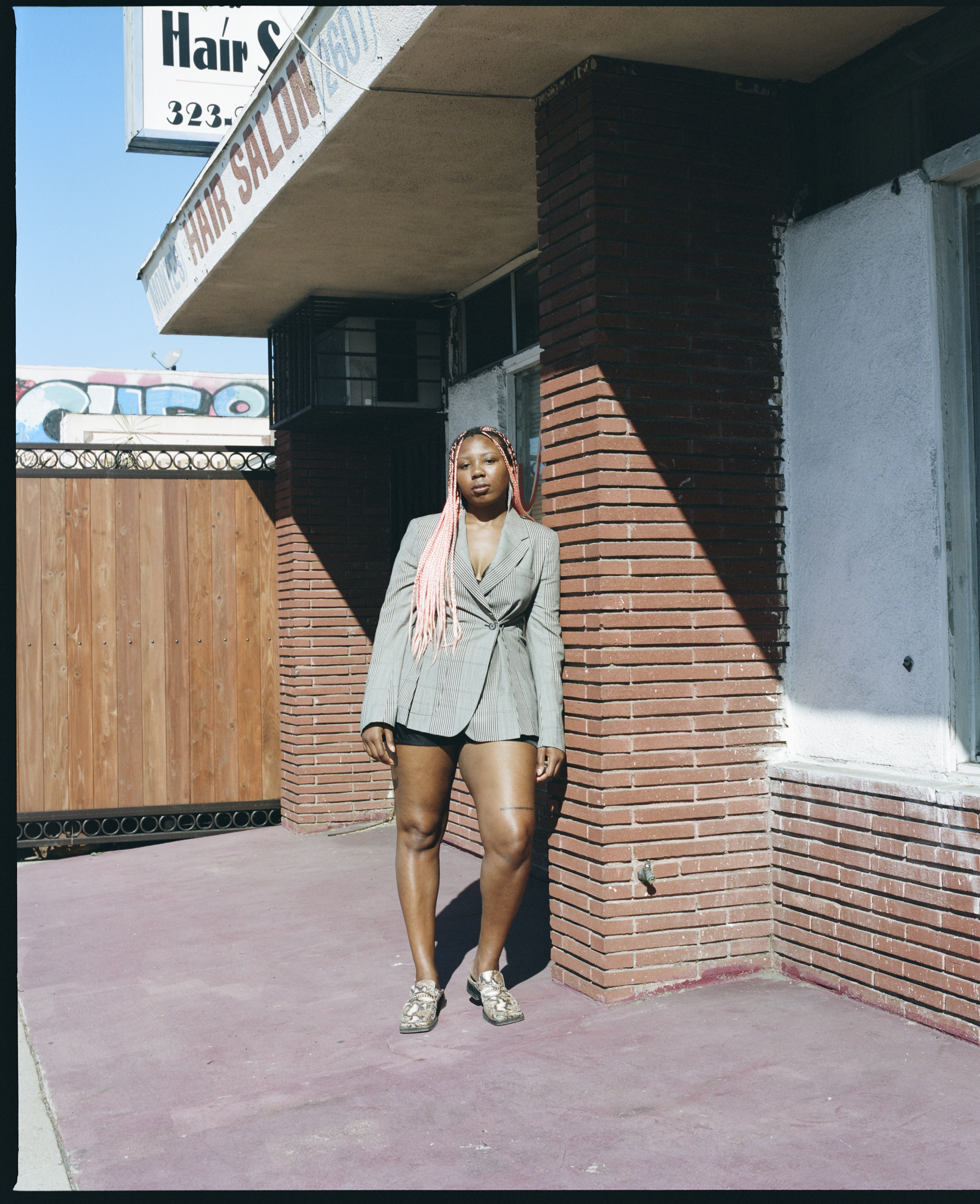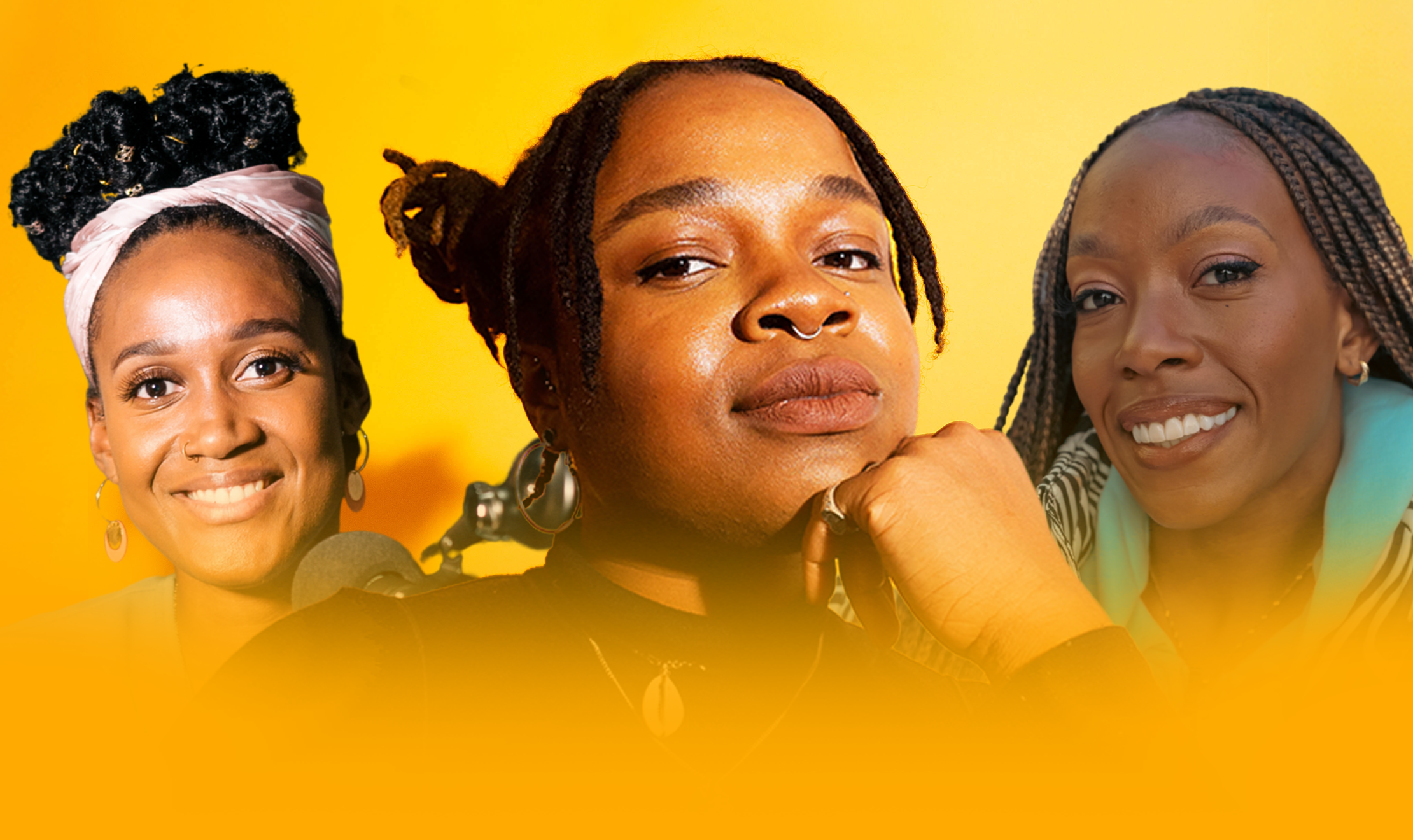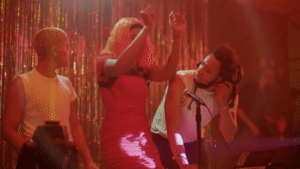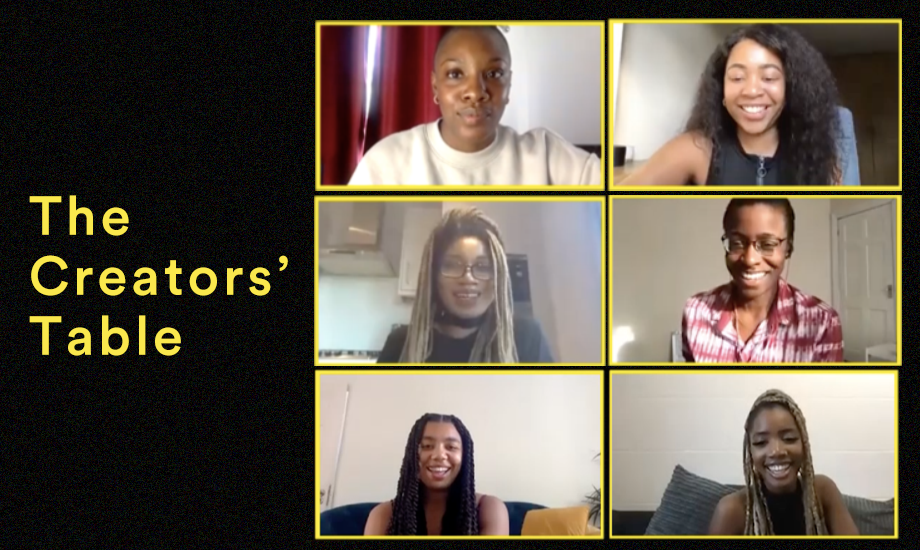
‘White men can’t always edit Black stories’ and 5 other learnings from our Spotify podcast roundtable
With words of advice for black podcasters from Slay in Your Lane’s Yomi Adegoke, Who We Be TALKS Henrie Kwushue and others, here all the things you should know before your embark on your podcasting journey.
Amber Sunner
23 Jul 2020
On Monday, gal-dem hosted their first roundtable as a part of its pairing with Spotify Sound Up, the programme aimed at helping underrepresented voices break into podcasting. Filled with some of the immeasurable talents in the podcasting world, it truly was an inspiring evening. Hosted by Yomi Adegoke from Slay in Your Lane: The Podcast we heard from Charlie Brinkhurst-Cuff, head of editorial at gal-dem and host of Growing up with gal-dem, Henrie Kwushue host of Who We Be TALKS, alongside Abi Ogunmwonyi, Spotify Sound Up’s global manager, podcast producer Aiwan Obinyan and podcast developer Clarissa Pabi.
The evening exemplified the need for women of colour to be represented in all areas of the podcast industry. The panel’s experiences were conveyed beyond the screen and resonated with so many – reinforcing their talent of expression. The talk was weaved together with anecdotes, laughs and the undeniable chemistry. It felt as though were chatting with friends, laughing when they laughed and listening when they listened. There was no audience for gauging reactions, but it was as if you were a very lucky fly on a wall witnessing an uplifting conversation that was brimming with positivity. The talk always had a direction and a purpose thanks to Yomi who led the conversation with thoughtful questions which captivated the audience.
Here are five lessons we learnt from this incredible virtual event.
Podcasts are a new way of conducting journalism, now’s the time to get involved
Charlie Brinkhurst-Cuff talked optimistically about the power of podcasting naming it a gentler form of journalism. “You are able to make a connection with your guests without searching for the salacious headline,” she said. Charlie spoke of some traditional media outlets being late to the game in terms of utilising podcasts to their advantage. So there’s no better time than the present to get involved and establish your brand!
Your friends are your best resource
Henrie Kwushue reflected on the best way of finding a fresh idea was to simply converse with your friends. She laughed as she said: “I’m in hundreds of group chats; we talk about gossip and tweets.” These group chats gave Henrie a fresh perspective on ideas that matter to her audience today. She also advised on making your conversations as natural as possible in a podcast. The beauty of the industry is the ability to delve into topics and be able to articulate your thoughts.
It’s not just about the voice on the mic, we need diversity behind the scenes too
These words were conveyed by Clarissa Pabi who talked emphatically about the need for diversity across the board in podcasting. Isolating diversity to just the voices we hear in our podcasts does not help the industry, she explained. Instead, Clarissa voiced the need for Black and non-binary people who can “influence the infrastructure of podcasts” and subsequently help broaden industry perspectives.
White men can’t always edit Black stories
Similarly, Aiwan Obinyan said she there were no fellow Black women in her sound engineering team. She raised the issue of this lack of diversity impacting and consequently influencing the stories being told. “White men are good at editing but they’re cutting our stories so they make sense to them,” she said. There is hope for the future of podcasting, however. Aiwan believed that the industry was “getting there” in terms of increasing diversity, marking a gradual movement to a richer and more exciting format of media.
Everyone can start a podcast…
… But there are some aspects you need to hone to make sure it’s a great podcast, according to Abi. First, you need an idea that sets you apart in the industry. She explained that there are thousands of Spotify Sound Up applications, so your idea has got to stand out. This can take work, but originality is key. Once you’ve settled on an idea, research should follow in the uniqueness of the idea itself and also the target audience. “Find your voice and believe in your slay,” Abi said, adding that passion is a key criterion that Spotify looks out for in Sound Up applications.
The industry is not diverse enough, yet
Yomi tied up the conversation with an important question to the panel: “Do you think the podcasting industry is diverse enough or is there work yet to be done.”
Abi expressed the need for “hearing narratives from different nuances”. This allows podcasting to bring to the forefront diversity of thought as well as empowering people to share their stories. The power and future of podcasting lies in telling these stories from underrepresented communities thus bringing these narratives to light. The rest of the panel shared in this important view.
What can you do now?
Spotify Sound Up UK & Ireland applications are now open – find out more about the programme and how to apply here.

